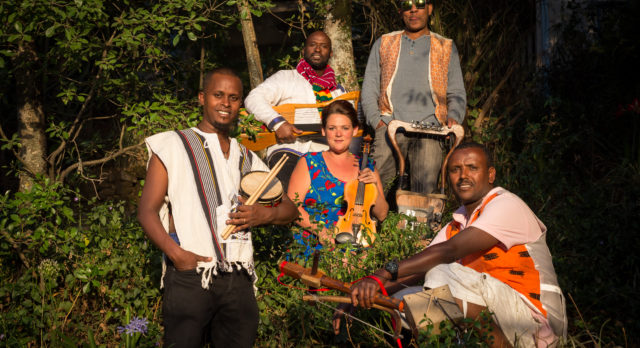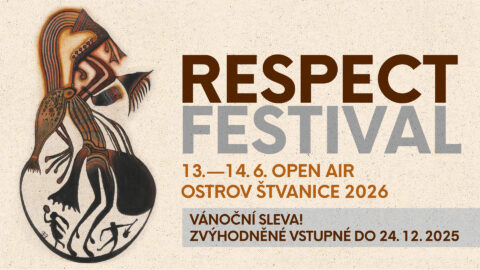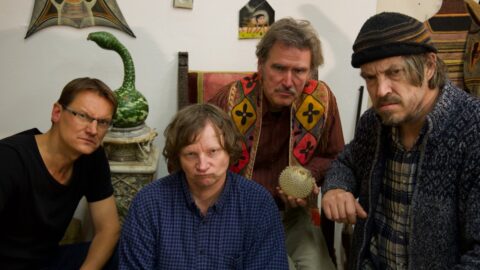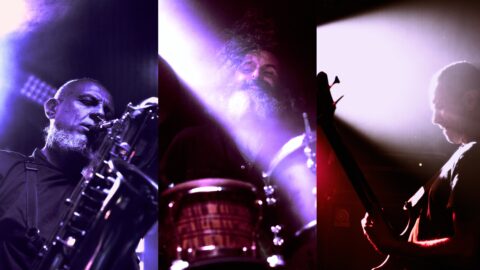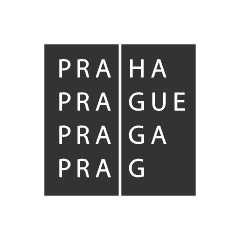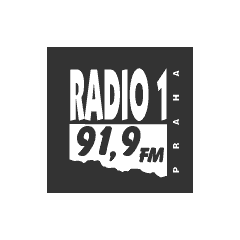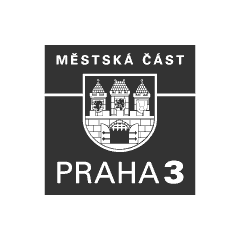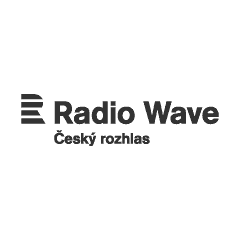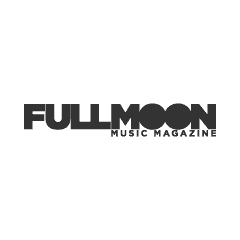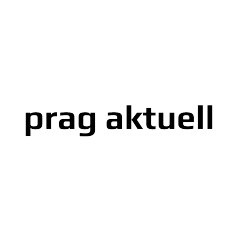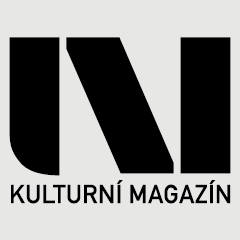QWANQWA is a primarily instrumental quintet based in Addis Ababa, Ethiopia, whose music is a modern, experimental take on Ethiopian traditional music. The members are Kaethe Hostetter, Mesele Asmamaw, Endris Hassen, Bubu Teklemariam, and Misale Leggese. The music is characterized by tight arrangements, psychedelic sounds, extended experimental moments, and occasional audience sing-a-long sections. It is driving, powerful, and different than anything else coming out of Ethiopia at this current Golden Age of Ethiopian music. The live show ranges from intimate to wild, from whispery conversations to full blown rock show, and it is hard to believe these psychedelic sounds are coming from traditional harp and violin.
Music has long been regarded as “The Universal Language.” It is the world’s mother tongue, understood by all. The name Qwanqwa (literally meaning “language” in Amharic) was chosen for this meaning. Qwanqwa, based in Addis Ababa, Ethiopia, is comprised of four of the finest Ethiopian traditional instrumentalists, plus Kaethe, who has been living in Addis and working with Ethiopian musicians since she first set foot there in 2009. It’s been called a supergroup of master virtuosos, each of whom is a bearer of tradition, uniquely brought together by a spirit of experimentalism.
The group was formed six years ago, and since then has been steadily growing artistically: they have two albums to date, with a third set for release in early 2018, and they perform regularly in Addis.
The Line-UP
– Misale Leggesse (Ethiocolor, Addis Acoustic, Fendika) on kebero (goat skin drum)
– Mesele Asmamaw (The EX, Paal Nilssen-Love) on krar
– Anteneh Teklemariam (Ethiocolor, Atse Teodros) on bass krar
– Endris Hassan (Nile Project, Trio Kazanches, The EX) on masinko
– Kaethe Hostetter (Debo Band, Ubuntu Rising, Cirkestra, Fred Frith and Butch Morris) on electric 5-string violin
Qwanqwa’s sound is marked by Endris’s swirling masinko melodies, Mesele’s punk krar solos, Kaethe’s wah-violin, and Bubu’s dexterity on the bass-harp, all held together with Misale’s heavy goat-skin drum beats.
Mesele has been active in Ethiopian music for over twenty years, releasing original albums and touring internationally, performing Ethiopian traditional music and joining experimental projects with partners like “The EX” and Paal Nilssen-Love.
Kaethe first worked in Ethiopian music as a founding member of critically acclaimed Debo Band, and since relocating to Addis, she has participated in numerous exploratory and professional projects, as she honed her sound and immersed herself further into the culture of her surroundings. She maintains an active international performing life, also appearing solo as Ubuntu Rising.
Joined by Misale Leggesse on kebero, Anteneh “Bubu” Teklemariam on bass krar, and Endris Hassan on masinko, Qwanqwa’s vision merges a passion for the richness and diversity of Ethiopian musical traditions with a modern sensibility and a desire to expand present boundaries.
Members of Qwanqwa have appeared internationally with Getachew Mekuria, Mohammed “Jimmy” Mohammed, Thurston Moore, Nile Project, Fendika, Mulatu Astatke, Addis Acoustic, Mahmoud Ahmed, Fred Frith, Butch Morris, Ethiocolor, The EX, Atse Teodros, Imperial Tiger Orchestra, and have played stages from Lincoln Center to Bonnaroo, Jazzfest (New Orleans), Moers Festival, Roskilde, WOMEX, WOMAD and more.
Qwanqwa performs about thirty concerts a year in its hometown of Addis Ababa, and also had a featured performance at Roskilde 2016 (biggest music festival in Northern Europe). Since their founding in 2012, QWANQWA have released two albums: Volume One (2014) and Volume Two (2015). Their third album, Volume Three, produced by Shahzad Ismaily, is set for early 2018 on FPE Records.


